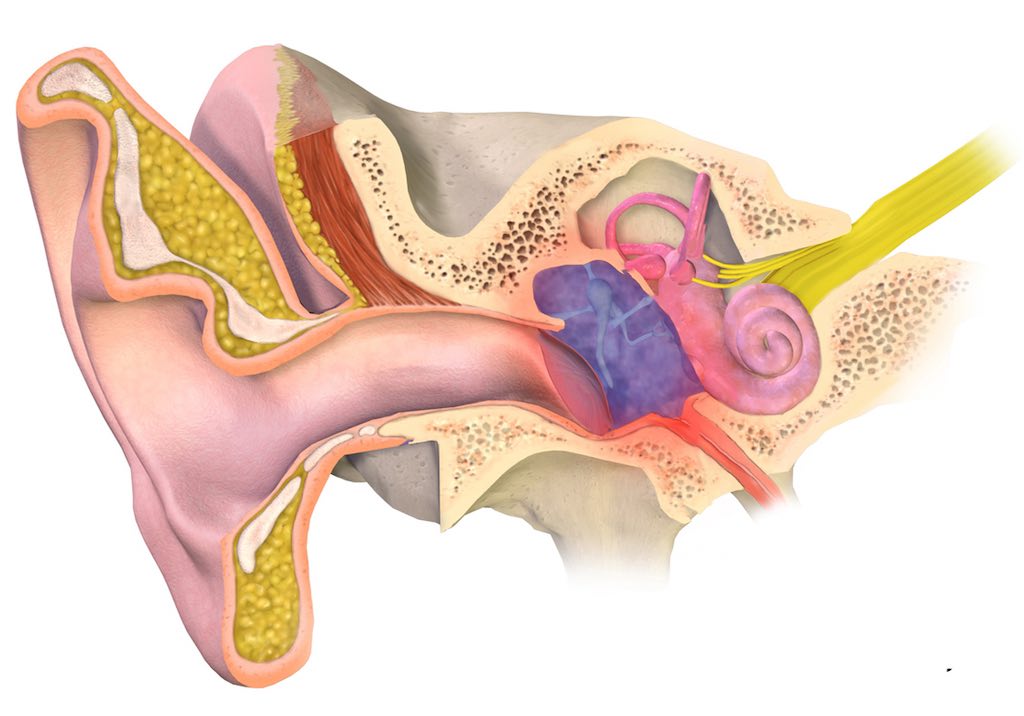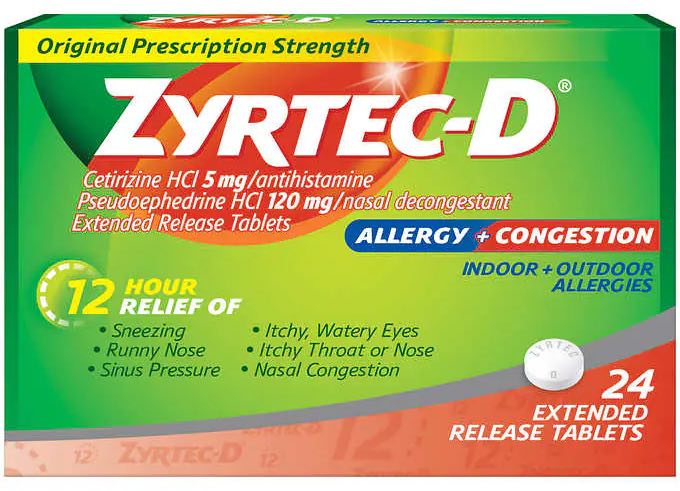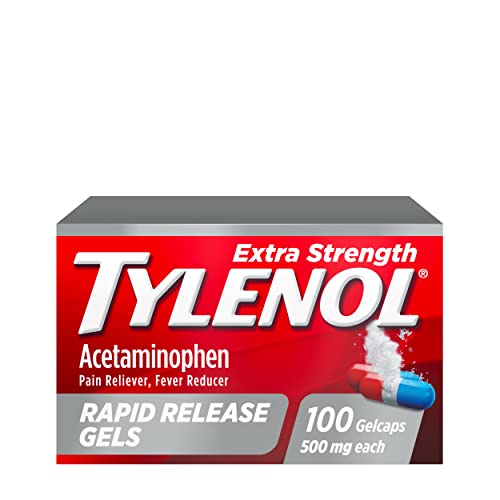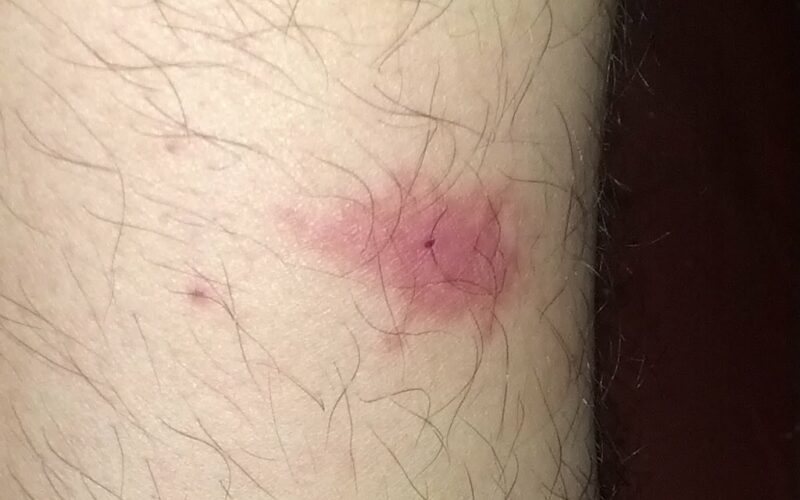Fall is a prime time for seasonal allergies. Even though ear pain isn’t the most common symptom, allergies can indirectly or directly cause ear pain and infections through the inflammation of the eustachian tube lining and reactions to allergens like pollen. This article delves into the causes of allergy-related ear pain, home care tips, and over-the-counter medicines that can help ease the discomfort.
Causes of Allergy-Induced Ear Pain
Allergies can cause congestion in the sinuses and ear canal. Due to the body’s allergic response, chemicals such as histamines are released, which can irritate the nose, eyes, and throat, leading to sinus swelling and fluid buildup, subsequently affecting the ear canal and causing pain.
Furthermore, allergic rhinitis can increase the risk of ear infections. When pollen counts are high, it can cause congestion and inflammation, setting the stage for infections. This type of infection, known as otitis media, presents symptoms like pain, swelling, and redness of the eardrum. In severe cases, it may even result in hearing loss and balance issues.

Image: BruceBlaus / Wikimedia
Symptoms and Treatment of Otitis Media
Those with seasonal allergies have a higher risk of ear infections. Otitis media can manifest with the following symptoms:
- Swelling
- Redness of the eardrum
- Fever
- Ear discharge
- Feeling of fullness in the ear
- Pain in one or both ears
- Decreased hearing
- Throat pain
- Popping sounds in the ear
- Balance disturbances (less common)
If these symptoms appear, it’s crucial to seek medical attention immediately.
Generally, the first step in treating otitis media is identifying and avoiding the offending allergens. Additionally, antihistamines might be prescribed to manage symptoms and reduce inflammation. In some cases, doctors may recommend allergen immunotherapy to decrease sensitivity to specific allergens. If an ear infection has occurred, prescription antibiotics might also be necessary.
Home Care Remedies
For mild allergy-related ear pain, several home remedies can provide relief:
- Keep yourself upright to reduce pressure in the middle ear.
- Cold compress the outer ear, using a cold pack for about 20 minutes at a time to alleviate pain.
- Actions like chewing gum can also help to relieve pressure and pain.
Comes with 4 reusable cold/hot gel packs
While these home remedies might help alleviate ear pain, if the pain persists for several days or worsens, it’s essential to seek medical attention.
Over-the-Counter Medications
OTC allergy relief medications can alleviate allergic reactions affecting the ears.
1. Over-the-Counter Antihistamines
These typically include cetirizine, diphenhydramine (also known as Benadryl), pheniramine, fexofenadine, levocetirizine, and loratadine.
Diphenhydramine HCl 25mg | Fexofenadine HCI 180mg |
Levocetirizine dihydrochloride 5mg | Loratadine 10mg |
Cetirizine HCl 10mg | Chlorpheniramine Maleate 4mg |
2. Decongestant-Included Antihistamines
Decongestants can help alleviate the feeling of a blocked ear. Common medicines include Zyrtec-D, Allegra-D, and Claritin-D, which combine antihistamines with pseudoephedrine.
These three medications are behind-the-counter drugs. While you don’t need a prescription to purchase them, they aren’t displayed on regular store shelves. You need to ask a pharmacist; online retailers like Amazon and CVS don’t usually carry them.

The “D” in their names stands for the decongestant pseudoephedrine, which reduces nasal and ear congestion. Because pseudoephedrine can be used to produce illicit drugs, there are restrictions on purchasing medications containing it. When buying, you’ll need to provide ID, and there might be limits on purchase quantity.
3. Nasal Corticosteroids
Nasal corticosteroids can relieve allergy symptoms such as sneezing and a runny nose and can also help with ear pain. This category includes medications like triamcinolone, budesonide, and fluticasone propionate.
Budesonide 32 mcg | Fluticasone propionate 50mcg |
4. Over-the-Counter Pain Relievers
OTC pain relievers like acetaminophen (Tylenol) or ibuprofen (Motrin, Advil) can also help with ear pain.
Acetaminophen 325 mg | 63,721 Reviews
Acetaminophen 500 mg |
Ibuprofen 200 mg | 14,976 Reviews
Ibuprofen 200 mg |
2 fl oz / 60ml Acetaminophen 160 mg |
No products found.
No products found.
No products found.
at No products found.
4 fl oz / 120 ml|Berry Flavor Ibuprofen 100 mg |
Disclosure: We are an Amazon Associate. Some links on this website are affiliate links, which means we may earn a commission or receive a referral fee when you sign up or make a purchase through those links.

























Leave a Reply